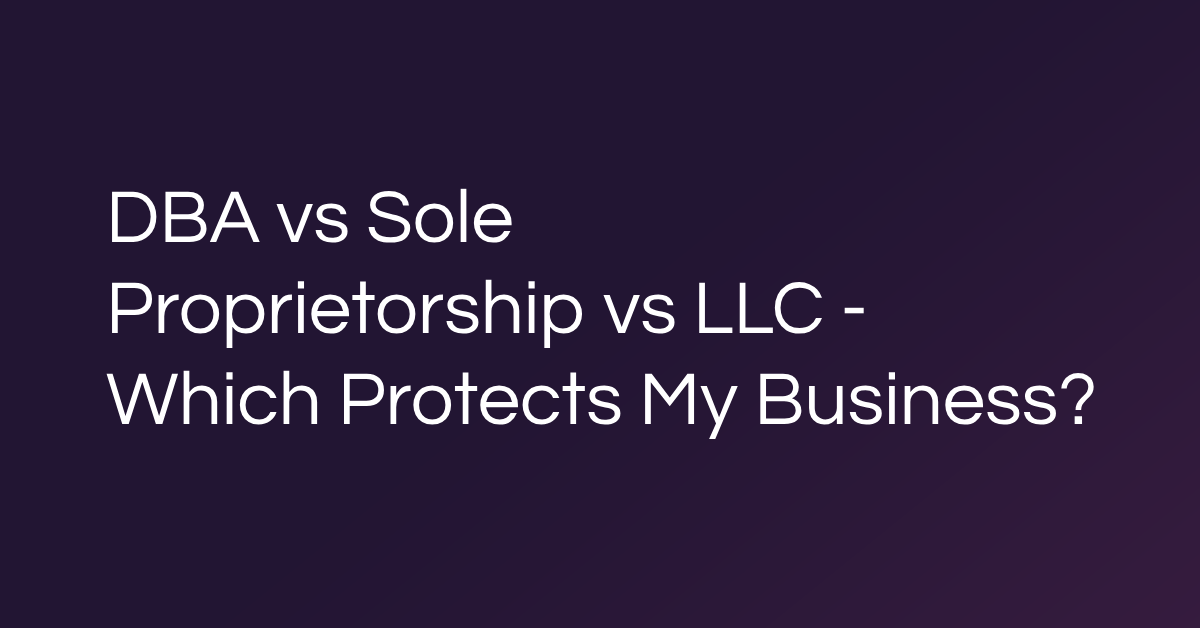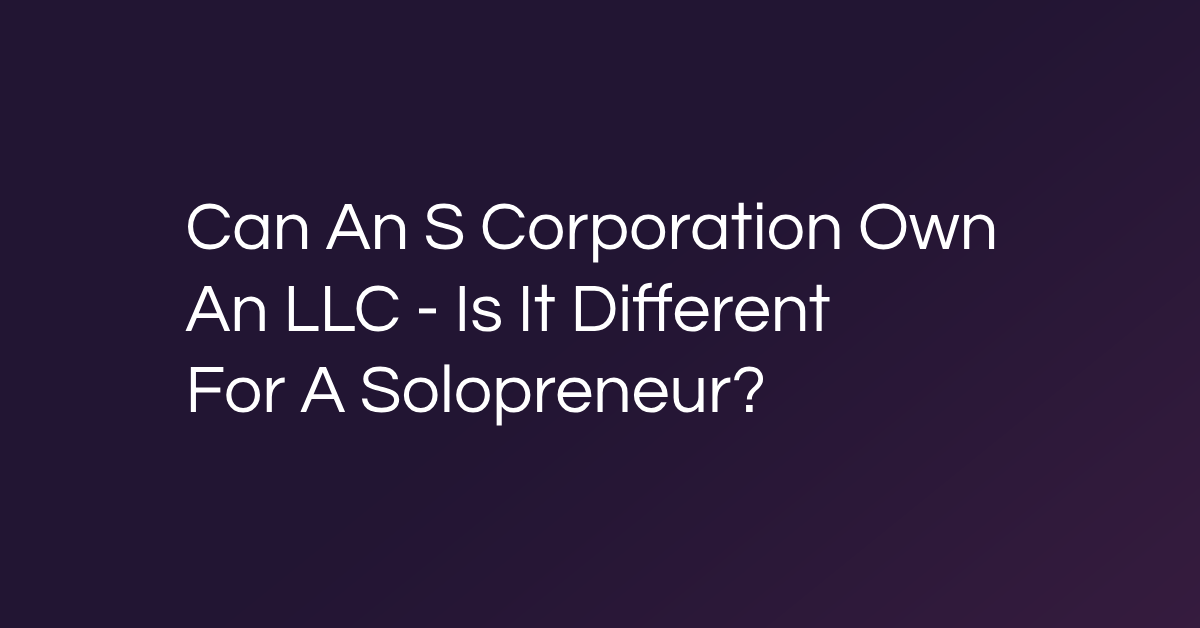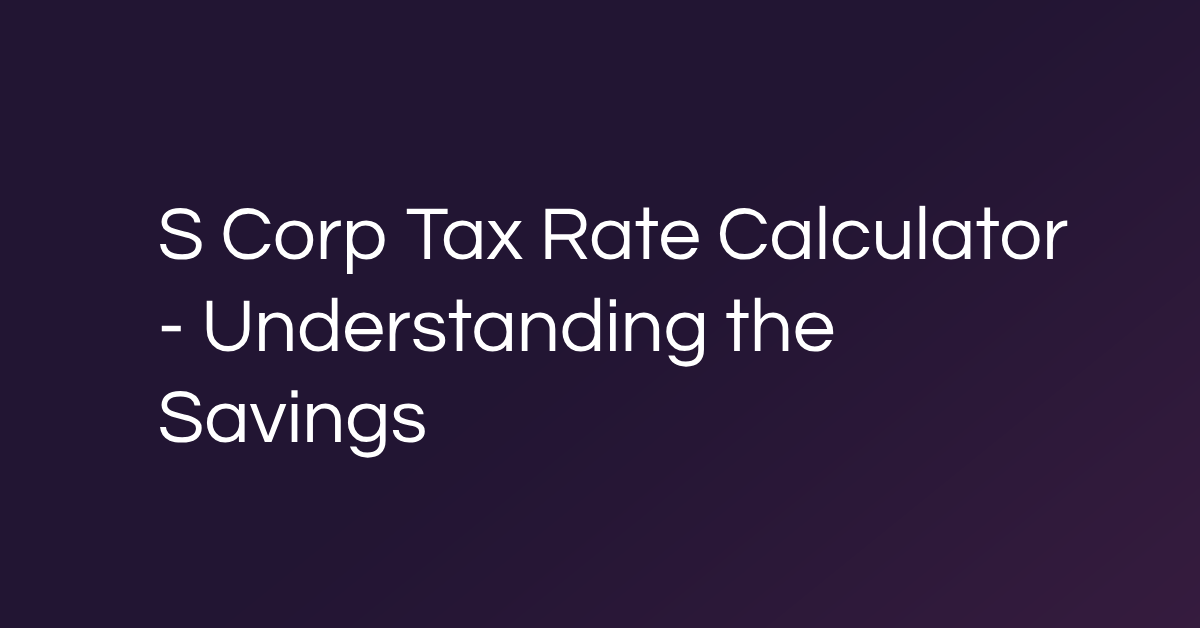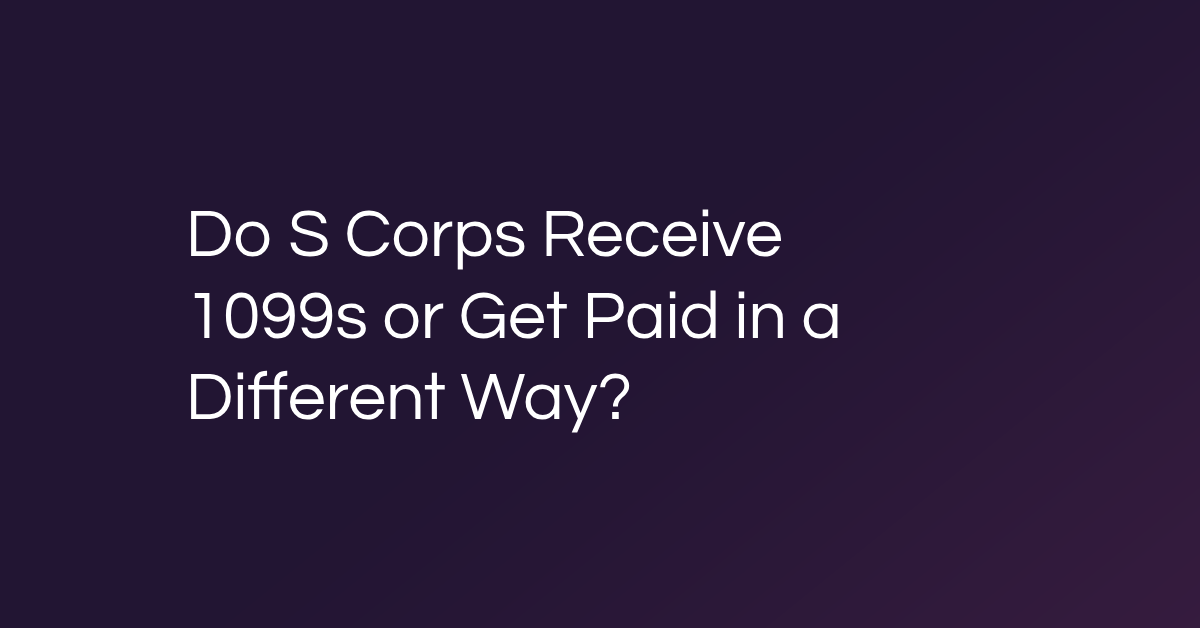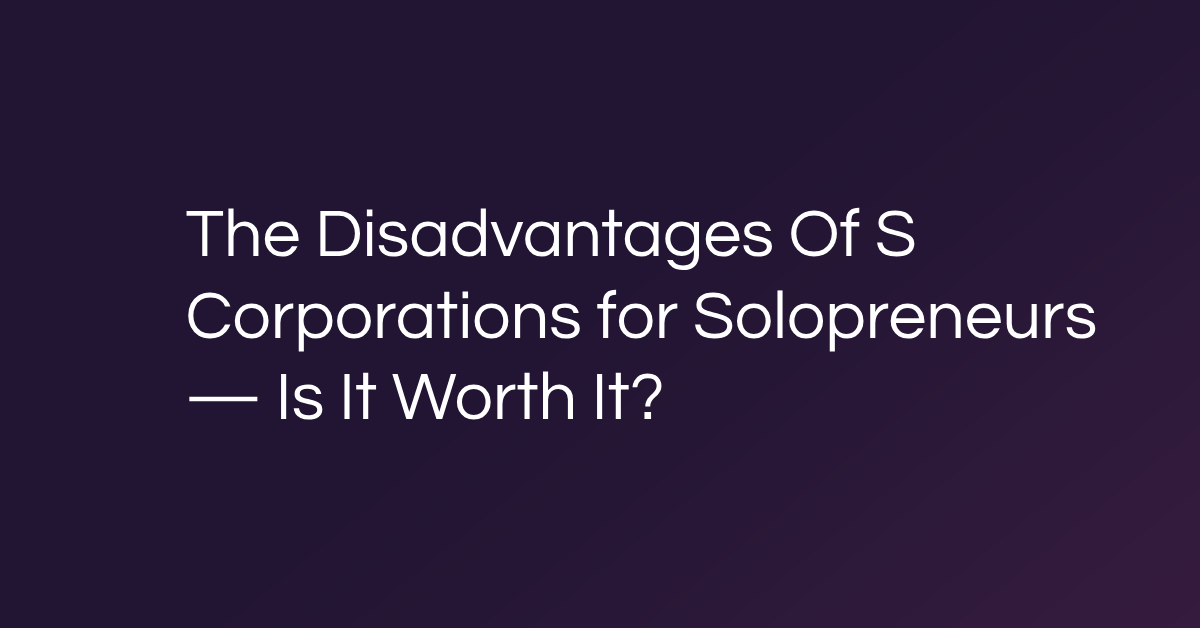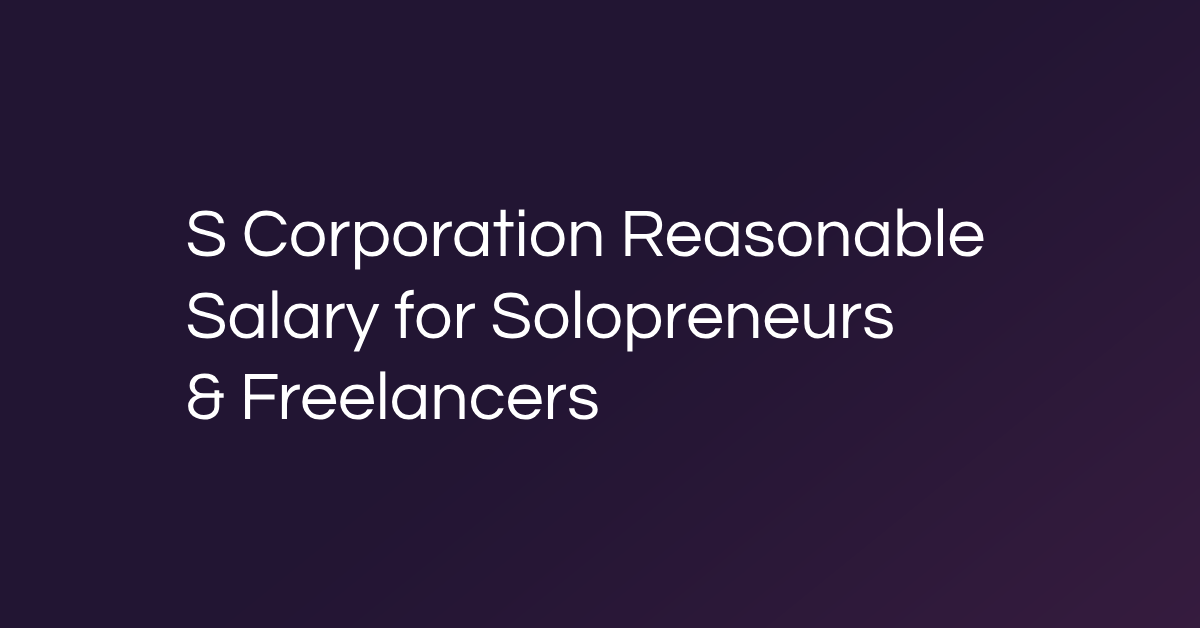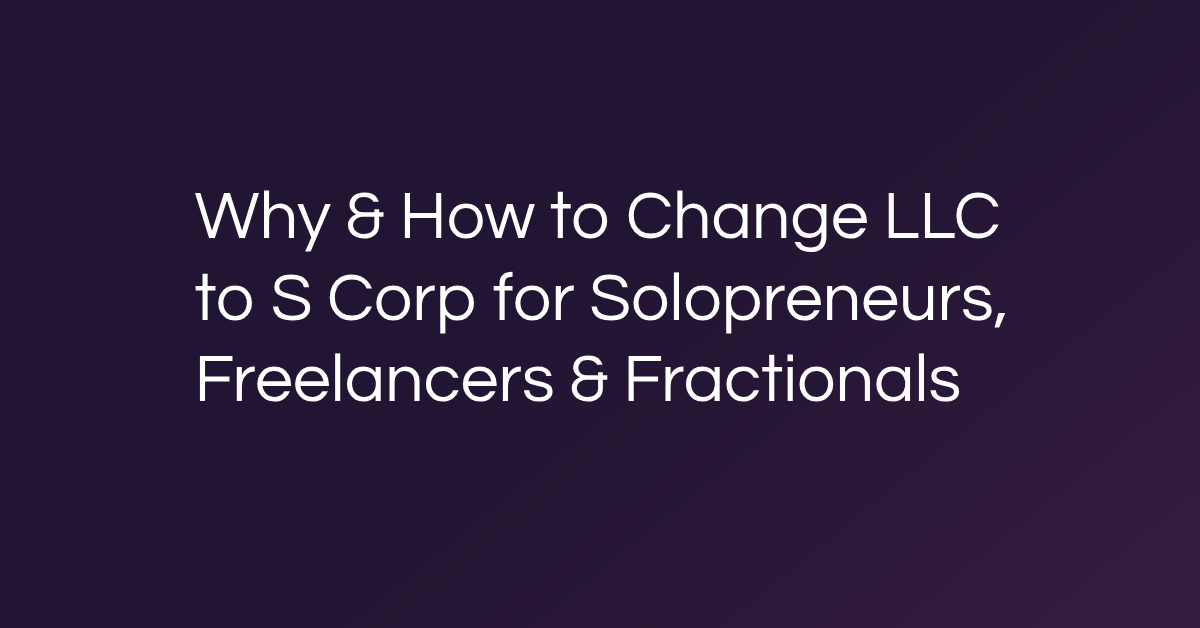As a solopreneur, choosing between a DBA, sole proprietorship, or LLC directly affects how you manage liability, taxes, and administrative complexity. Each path/business structure defines the foundation of your business and influences how you operate as a business of one.
A sole proprietorship offers simplicity but exposes personal assets to risk. An LLC, on the other hand, provides liability protection and flexible tax treatment. A DBA allows brand versatility but doesn’t create a separate legal entity so you are still exposed to more risk.
Knowing the differences between a DBA, a sole proprietorship, and an LLC helps you choose the structure that protects your interests and supports long-term growth.
Understanding business structures: LLC, sole proprietorship, and DBA
When starting your own business, structure matters. It affects your legal protections, tax obligations, and daily operations. Most solos choose between a sole proprietorship, an LLC, or filing a DBA:
- Limited Liability Company (LLC): Protects personal assets from business liabilities and offers flexible tax treatment. It balances simplicity with legal protection.
- Sole proprietorship: This is the simplest structure to set up, with minimal paperwork and full control — but it doesn’t separate personal and business finances, leaving you personally liable for debts.
- Doing Business As (DBA): Allows a Sole Proprietor OR an LLC/Corp to operate under a different name for branding/marketing. It doesn’t form a new entity or offer liability protection, it’s just a registered name that can also be filed with your bank.
Choosing a business structure depends on your needs, goals, and risk tolerance.
Details on LLCs
An LLC separates your business from your finances. That separation protects your assets—like your car, home, or savings—if your business faces debt or legal action. That legal protection is reason enough for many solos to choose this structure.
LLCs also offer tax flexibility. By default, a single-member LLC is treated as a pass-through entity, meaning profits and losses flow to your tax return without corporate taxation. You can also elect S corporation status to reduce self-employment tax by running a W2 wage with a reasonable salary for yourself.
Unlike a sole proprietorship, an LLC requires a more formal setup and state compliance, but the tradeoff is often worth it for those seeking long-term stability and protection.
Details on sole proprietorships
A sole proprietorship is the most straightforward way to run a business. There’s no formal registration required in most states, and you report business income and expenses directly on your tax return. For solos just starting, it’s often the fastest and easiest path to begin generating income.
But with that simplicity comes risk. Since the business isn’t a separate legal entity, you’re personally liable for all business debts and obligations. If your business faces a lawsuit or financial loss, your assets are on the line.
Sole proprietorships may be a good fit for low-risk service providers or professionals testing an idea before forming a more formal structure. But for those seeking long-term protection and growth, it’s often a stepping stone—not a final destination.
Details on DBAs
A DBA, short for “doing business as,” lets you operate under a name different from your legal business name. It’s not a separate entity and doesn’t change how you’re taxed or protected. However, it gives your business more flexibility in presenting your brand.
Sole proprietors often file a DBA to market themselves under a professional or niche-specific name instead of using their legal name. This is especially common among service providers looking to build a recognizable brand without forming an LLC.
While a DBA doesn’t offer liability protection or tax benefits, it’s a valuable tool for brand-building and creating a polished market presence without restructuring your entire business.
Where DBAs and LLCs overlap
While sole proprietors often use DBAs to operate under a more professional name, LLCs can also register DBAs to expand their brand reach. This allows one LLC to operate under multiple names—ideal for targeting different audiences or launching new services without forming a separate entity.
For example, an LLC called “Jordan Hill Consulting LLC” could file a DBA to operate as “Hill Coaching” for its personal development clients. The legal structure would remain intact, but the public-facing brand would adjust to fit the market.
Combining an LLC with a DBA provides liability protection and branding flexibility—a smart strategy for solos looking to grow and diversify.
How to file for a DBA
Filing for a DBA is simple, but the steps vary depending on your state or county. In most cases, you’ll complete a short registration form, pay a filing fee, and publish a notice in a local newspaper if required by local law.
To make the process smoother:
- Choose a unique name that complies with your state’s business name rules.
- Check availability with your local business registration office.
- File with the right agency, which might be your county clerk or state government.
- Renew as required since many DBAs expire after a set period.
Review your local requirements before moving forward since each state has its own rules.
Insurance essentials for DBAs, LLCs, and sole proprietors
Business insurance helps protect your income, assets, and reputation, regardless of structure. A DBA doesn’t offer legal protection on its own, so sole proprietors using a DBA should strongly consider liability coverage.
LLCs offer built-in legal separation, but insurance still matters. General liability, professional liability, and cyber insurance can help protect against gaps that an LLC structure won’t cover. Insurance is also vital for maintaining client trust and contract eligibility.
Solos often overlook this step. Choosing business insurance ensures you’re covered as your business grows.
Build a structure that supports your growth
How you structure your business affects more than just paperwork—it shapes your risk, flexibility, and how others perceive your brand. Whether operating under your name or building something bigger, choosing the best foundation sets the tone for sustainable growth.
Sole proprietorships may work for low-risk ventures, while LLCs offer legal protection and room to scale. DBAs, on the other hand, give you the freedom to brand creatively—but only when paired with a strong legal framework.
Explore how Besolo simplifies self-employment with expert-backed tools and support to set up your solo LLC today!

